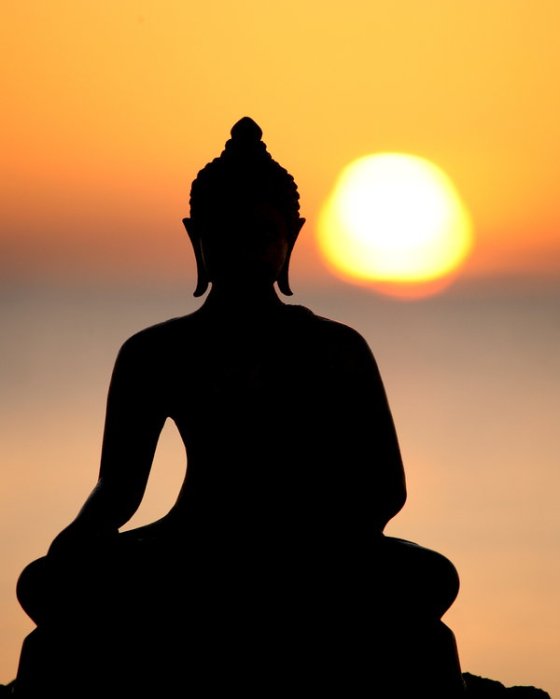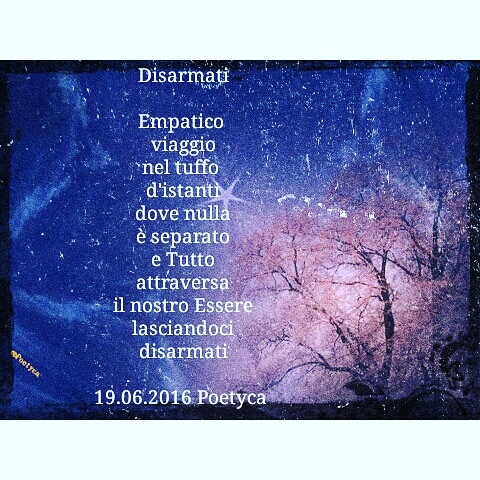
13. Un Buddha
A Tokyo, nell’era Meiji, vivevano due illustri insegnanti molto diversi tra loro. L’uno Unsho, istruttore a Shingon, osservava scrupolosamente i precetti di Buddha. Non beveva mai alcolici, e non mangiava mai dopo le undici del mattino. L’altro insegnante, Tanzan, professore di filosofia all’università imperiale, non osservava nessun precetto. Quando aveva voglia di mangiare mangiava, e quando aveva voglia di dormire durante il giorno dormiva.
Un giorno Unsho fece visita a Tanzan e lo trovò che stava bevendo del vino, che un Buddhista non dovrebbe mai nemmeno assaggiare.
«Salve, fratello» lo salutò Tanzan. «Ne vuoi un bicchiere?».
«Io non bevo mai!» esclamò Unsho solennemente.
«Chi non beve non è neanche umano» disse Tanzan.
«Vorresti dire che sono inumano solo perché non mi concedo bevande alcoliche!» proruppe Unsho incollerito. «Se non sono umano, allora, che cosa sono?».
«Un Buddha» rispose Tanzan.
tratto da 101 Storie Zen
A Buddha
In Tokyo in the Meiji era there lived two prominent teachers of opposite characteristics. One, Unsho, an instructor in Shingon, kept Buddha’s precepts scrupulously. He never drank intoxicants, nor did he eat after eleven o’clock in the morning. The other teacher, Tanzan, a professor of philosophy at the Imperial University, never observed the precepts. When he felt like eating, he ate, and when he felt like sleeping in the daytime, he slept.
One day Unsho visited Tanzan, who was drinking wine at the time, not even a drop of which is supposed to touch the tongue of a Buddhist.
“Hello, brother,” Tanzan greeted him. “Won’t you have a drink?”
“I never drink!” exclaimed Unsho solemnly.
“One who does not drink is not even human,” said Tanzan.
“Do you mean to call me inhuman just because I do not indulge in intoxicating liquids!” exclaimed Unsho in anger. “Then if I am not human, what am I?”
“A Buddha,” answered Tanzan.





























Devi effettuare l'accesso per postare un commento.